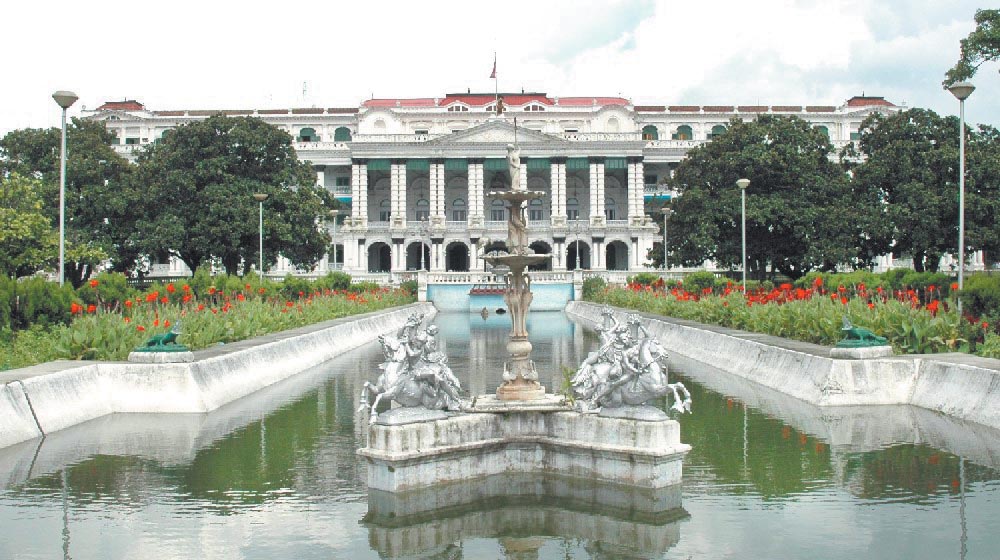Government decides to review rice supply policy
Kathmandu, June 28
The Ministry of Supplies is set to review its food supply policy keeping in mind the demand-supply ratio in the 23 remote hill districts, where the government has been supplying subsidised rice.
According to Information Officer at the Ministry of Supplies Baburam Bhusal, the ministry has sent a team to those districts to collect information on food availability, changing food habits of people, their purchasing power, and the current need of subsidised rice.
“In recent years, some eastern hill districts are not consuming the amount of subsidised rice sent there,” he said, adding that some western hill districts including those in Karnali zone have demanded that rice supply be increased there.
Nepal Food Corporation, which supplies food grains to remote hill districts, has fixed this year’s quota of 1,510 metric tonnes of rice for eastern hill districts — Sankhuwasabha, Bhojpur, Solukhumbu, Okhaldhunga and Khotang.
Likewise, the NFC has fixed 870 quintal of rice for Manang, Gorkha and Mustang districts. Large amount of subsidized rice goes to districts of the mid-western regions — Rukum, Rolpa, Dailekh, Jajarkot, Jumla, Humla, Mugu, Dolpa and Kalikot where the government sends 9,556 metric tonnes of rice annually. Achham, Baitadi, and Darchula of the far-western region are getting 3,645 tonnes of rice annually.
“Dolpa and Humla also heavily depend on government supplied rice, whereas demands in other hill districts have decreased,” Bhusal added.
“Within the 23 districts too, the people of the headquarters buy less rice so we are shifting the rice godown from district headquarters to remote villages,” Bhusal said. He also said that the team sent to study the demand-supply ratio had started its task since last week.
Humla and Dolpa are among those districts where the government is spending more money to supply rice than the actual cost of rice per kg. “We have to pay nearly Rs150 for a kg of rice to supply to Humla district. We have to spend Rs 65 per kg for processing rice,” said Nepal Food Corporation General Manager Shiva Hari Shrestha.
Shrestha also said that in those districts where the government had been supplying subsidised rice, district prisons bought large amounts of rice. “We supplied nearly 45 quintal of rice to prisons,” he added.
Supplying rice to remote hill districts is always a cumbersome process. Bhusal said the lengthy tender process; unusual demand of suppliers and the obstruction caused by rain and road obstruction are also causing delay in the supply of subsidised rice to hill districts. Bhusal also said although the suppliers were supposed to supply at least 25 per cent of rice every three months, they had failed to do that.






